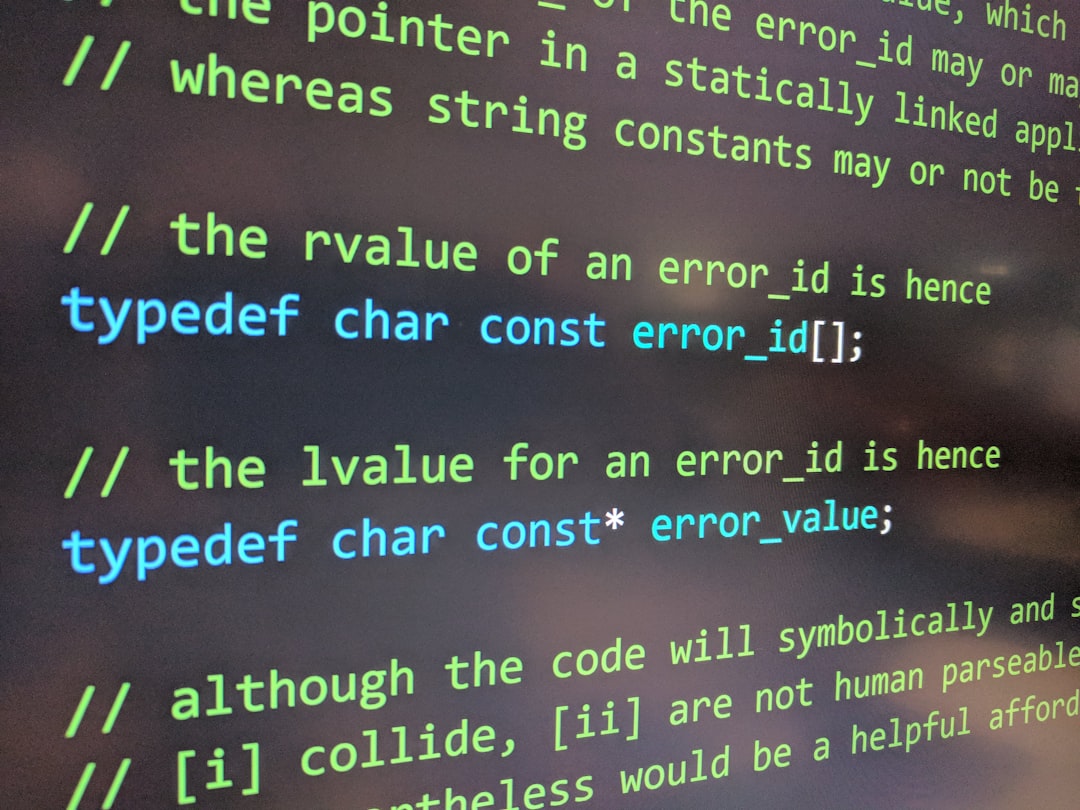Conducting due diligence is a crucial step for financial institutions, recruiters, and other stakeholders interacting with businesses in Iowa. Whether offering credit, initiating partnerships, or hiring key personnel, understanding a company’s legal and operational framework ensures informed decision-making. The Iowa Business Entity Search is a publicly accessible online tool that allows users to verify and explore information about entities registered with the Iowa Secretary of State.
This resource serves as a foundational element in validating business legitimacy and credentials. Both lenders and recruiters rely on it to minimize risk and ensure transparency. Below, we dive deep into how and why an Iowa Business Lookup should be integrated into your due diligence process.
Understanding the Iowa Business Lookup Tool
The Iowa Secretary of State offers a user-friendly online portal where individuals can search for businesses by name, business number, registered agent, or reservation number. This database includes corporations, limited liability companies (LLCs), partnerships, and nonprofits that are registered to operate in Iowa.
The search returns essential information like:
- Legal name of the business
- Business status (active, inactive, dissolved, delinquent)
- Date of registration
- Registered agent information
- Principal office address
- Filing history and amendments
This level of access enables users to quickly assess a company’s legal standing and determine if further investigation is warranted.

Why Lenders Should Use Iowa Business Search for Due Diligence
When lenders evaluate loan applications or consider extending credit, it’s essential to determine the legitimacy and financial reputation of the applicant business. The Iowa Business Lookup offers several advantages to financial institutions:
- Confirm Entity Existence: Verifying that the business is officially registered and active prevents fraud and misrepresentation. If a company is dissolved or inactive, that’s a significant red flag.
- Legal Compliance: Access to historical filings and current standing allows lenders to determine whether the business has been compliant with state mandates.
- Identify Key Stakeholders: Registered agents and officers listed often provide a gateway for confirming the legitimacy of individuals involved in financial transactions.
- Credit Risk Assessment: While the business search doesn’t provide credit scores, it does expose operational longevity, which is a useful indicator of stability.
Lenders should consider cross-referencing Iowa business lookup results with credit reports, tax filings, and industry references to develop a robust risk profile.
Recruiters and Executive Search Firms: Verifying Corporate Backgrounds
Executive recruiters and HR departments know the importance of verifying a candidate’s employment history. When candidates claim affiliation with a company that is unfamiliar or questionable, a quick business lookup can provide context.
Recruiters benefit from using Iowa’s business search in the following ways:
- Company Existence Verification: Quickly verify if a candidate’s claimed employer is a registered and operational Iowa business.
- Employer Size and Location: Explore the principal office address and determine whether the company matches the description provided by the candidate.
- Executive Team Review: If available, the leadership listed in corporate documents may confirm a candidate’s position within the organization.
In some cases, candidates may exaggerate or falsify affiliations with nonexistent or dissolved companies. Having access to readily searchable data mitigates hiring risks and protects organizational integrity.
How to Use the Iowa Business Search Portal Effectively
Accessing the Iowa business lookup tool is straightforward, but making the most of it involves a few strategic techniques:
- Use Partial Names for Broader Searches: Exact matches are precise but may miss variations in business naming conventions. Begin with root words or partial names to see a wider pool.
- Check Filing Dates and Duration: Consider how long the business has been operational. Startups may present additional risk while established businesses carry more credibility.
- Review All Documents: Look into amendments, annual reports, and status changes which may reveal underlying issues or changes in ownership.
- Validate Agent and Address: The listed registered agent and principal office can be useful for background checks and additional outreach.
This tool should be one component of a multilayered investigative process. Combine it with tools like Dun & Bradstreet, LinkedIn verification, and financial disclosures for a complete view.
Other Useful Tools and Resources Available Through the State of Iowa
In addition to the business entity search, the Iowa Secretary of State’s website offers other useful tools:
- UCC Filings: Uniform Commercial Code filings can illustrate any secured transactions involving debt—relevant to lenders.
- Trademark Registrations: Check for registered trademarks and intellectual property claims.
- Certificate Requests: Businesses with good standing can request certificates—beneficial for compliance and verification.

Legal and Ethical Considerations in Business Lookups
While the Iowa business lookup is a public resource, users must keep ethical use in mind. Data manipulation, false representation, or using the platform to harass companies violates terms of service and potentially legal statutes. Authorized usage includes:
- Verifying vendor legitimacy
- Validating employment backgrounds
- Confirming legal compliance before entering into contracts
Always consider privacy, professional boundaries, and compliance with the Fair Credit Reporting Act (FCRA) when using public data for hiring or lending decisions.
Common Red Flags Found During Business Lookups
Be on the lookout for several potential warning signs during your search. Although none automatically suggests fraud, a deeper investigation is always warranted when you notice the following:
- Dissolved or Inactive Status: Indicates inability or unwillingness to comply with state requirements.
- Frequent Name Changes: May suggest an attempt to obscure business history or evade reputation damage.
- Mismatching Registered Agent Details: If agent details do not match public records, that may be cause for concern.
- No Filing History: A lack of submitted reports could mean the business is not serious or is contrived.
Businesses with numerous amendments or changes to their Articles of Organization should also be scrutinized more thoroughly.
Building a Culture of Verification
In today’s interconnected, fast-paced business climate, verification should be more than a requirement—it should be a habit. Financial institutions, recruiters, and even vendors benefit from cultivating a systematic approach to due diligence. Using tools like the Iowa Business Lookup allows organizations to:
- Reduce exposure to financial fraud
- Support risk screening in lending
- Improve candidate quality and employment decisions
- Strengthen vendor and partnership networks
Trust begins with verification. Whether you are screening a commercial borrower or evaluating a C-level executive’s resume, having the facts at your fingertips gives you confidence and control.
Conclusion
The Iowa Business Lookup is a vital, publicly accessible resource for anyone engaged in financial, staffing, or legal decision-making. Its availability makes it an indispensable component of any due diligence process. Used responsibly and in conjunction with other background verification tools, it can play a key role in reducing risk, enhancing accuracy, and supporting long-term strategic decisions.
In a rapidly evolving business environment, sound inquiries aren’t just a safeguard—they’re a necessity.




